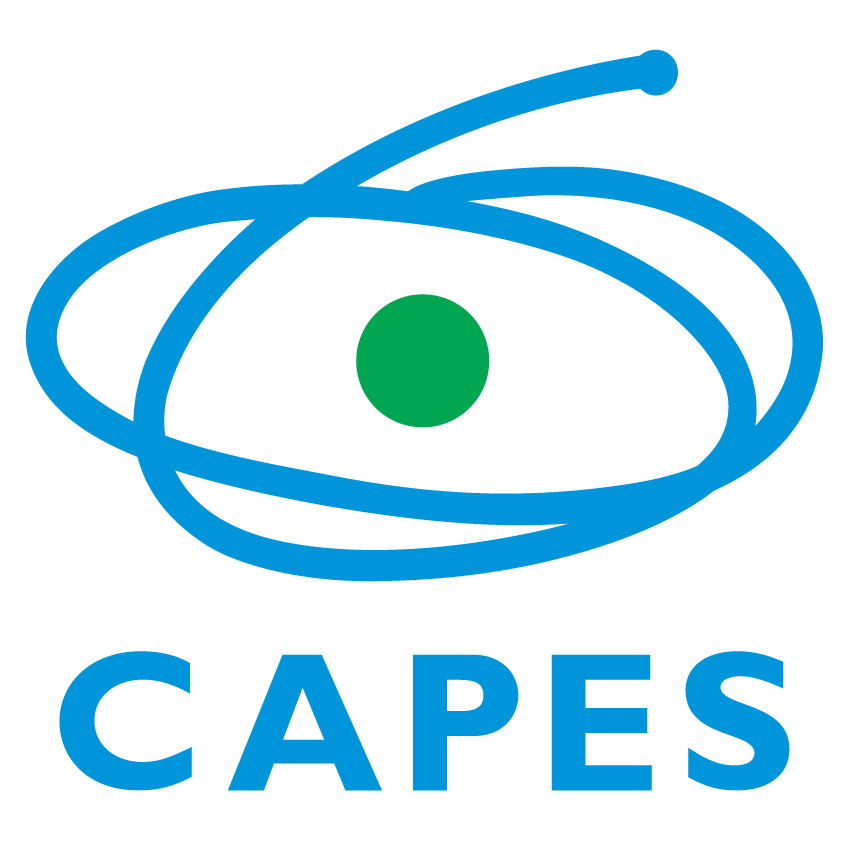CONSEQUÊNCIAS ESPACIAIS DA REVISÃO DO PLANO DIRETOR E LEI DE USO E OCUPAÇÃO DO SOLO DE 2018 DO MUNICÍPIO DE SANTOS
DOI:
https://doi.org/10.58422/releo2021.e1175Resumo
No município de Santos, SP, no ano de 2018, o Plano Diretor de Santos e a Lei de Uso e Ocupação do Solo da Área Insular do Município de Santos foram revisados e atualizados, resultando em alterações na legislação e, consequentemente, na forma de construir a cidade. Devido ao tempo levado para que as mudanças sejam efetivamente sentidas pelos habitantes, a seguinte pesquisa determinou um setor da cidade para analisar quais as consequências das novas construções na vida dos moradores. Para isso, foram desenvolvidas duas maquetes eletrônicas no software Sketchup, sendo uma da situação atual da área, e outra adicionando novos edifícios de acordo com a legislação aprovada em 2018. Então, com os modelos 3D e apoiando-se, também, nas legislações vigentes entre 2011 e 2018, a pesquisa estabeleceu como principais eixos de discussão as questões do adensamento populacional, dos recuos entre as edificações, das características da insolação e da relação que o novo modo de construir tem com a rua e o pedestre. Ao final do estudo, foi possível concluir que a legislação que está em vigor atualmente não garante a qualidade de vida dos habitantes do setor nos eixos temáticos estudados, e, além disso, estimula uma arquitetura que contribui para a individualização da sociedade e prioriza o acesso e deslocamento de veículos ao dos pedestres.
Publicado
Versões
- 2023-05-15 (2)
- 2021-08-27 (1)
Edição
Seção
Licença
A Revista Eletrônica Leopoldianum - Revista de Estudos e Comunicações da Universidade Católica de Santos (ISSN: 2965-9566) é detentora dos direitos autorais de todos os artigos publicados por ela. A reprodução total dos textos em outras publicações, ou para qualquer outro fim, por quaisquer meios, requer autorização por escrito do editor. Reproduções parciais de artigos (resumo, abstract, mais de 500 palavras de texto, tabelas, figuras e outras ilustrações) deverão ter permissão por escrito do editor e dos autores.












